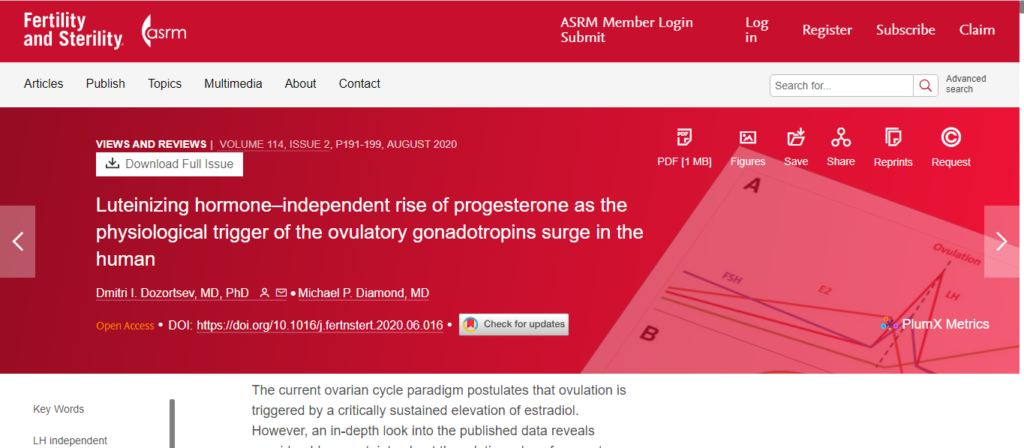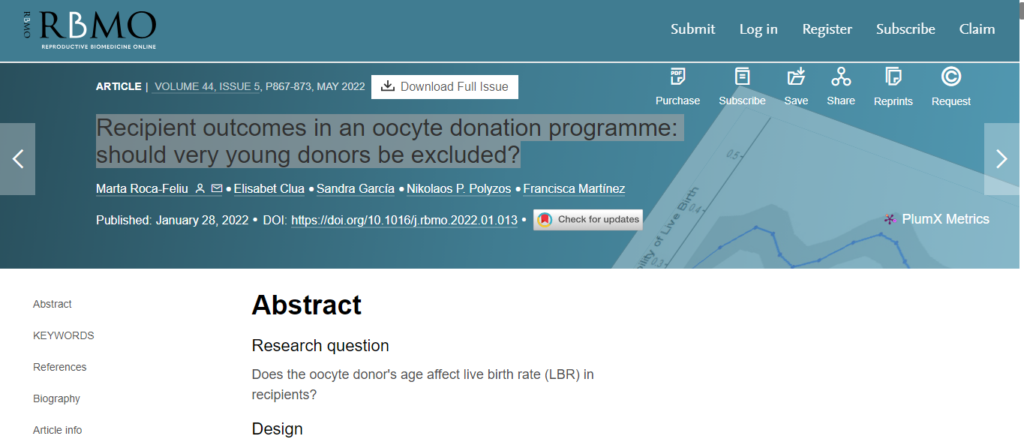SPECIALIZED PCOS CARE
PCOS & Fertility
Understanding, managing, and optimizing your health.
At Advanced Fertility Center of Texas (AFCT), we specialize in helping women with Polycystic Ovary Syndrome (PCOS) overcome fertility challenges and achieve healthy pregnancies. Our board-certified reproductive endocrinologist combines advanced medical treatments with personalized wellness strategies to restore hormonal balance, improve ovulation, and optimize your chances of conception.



